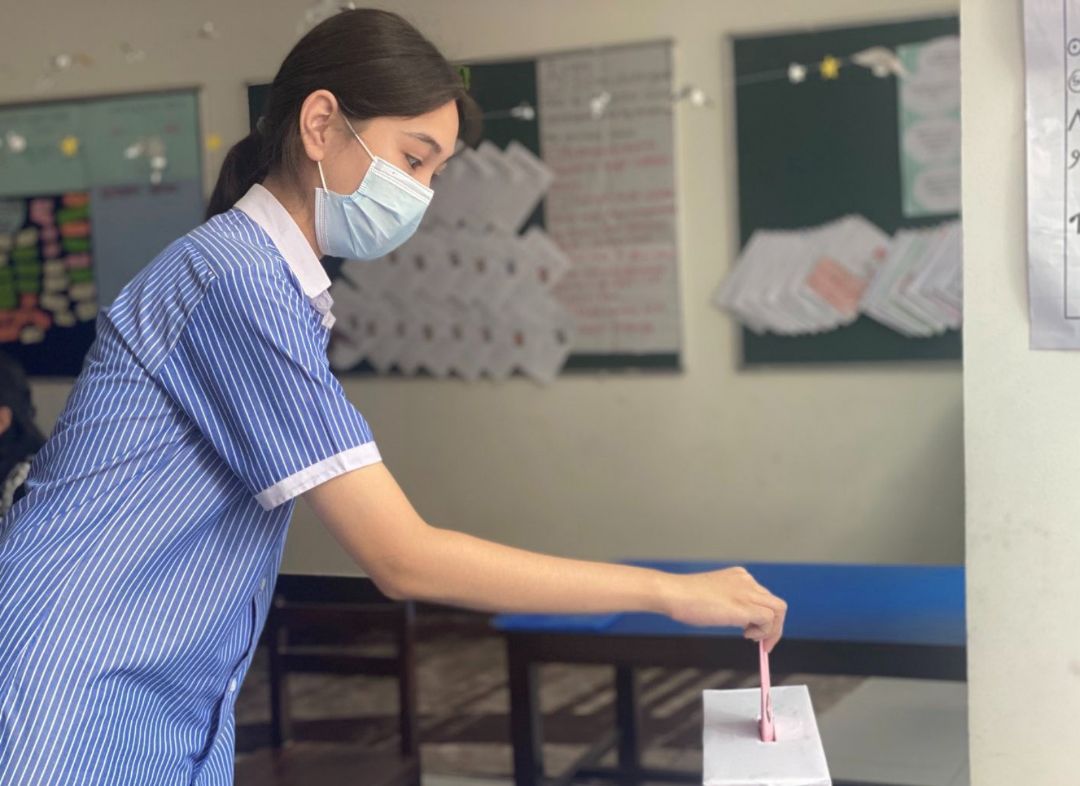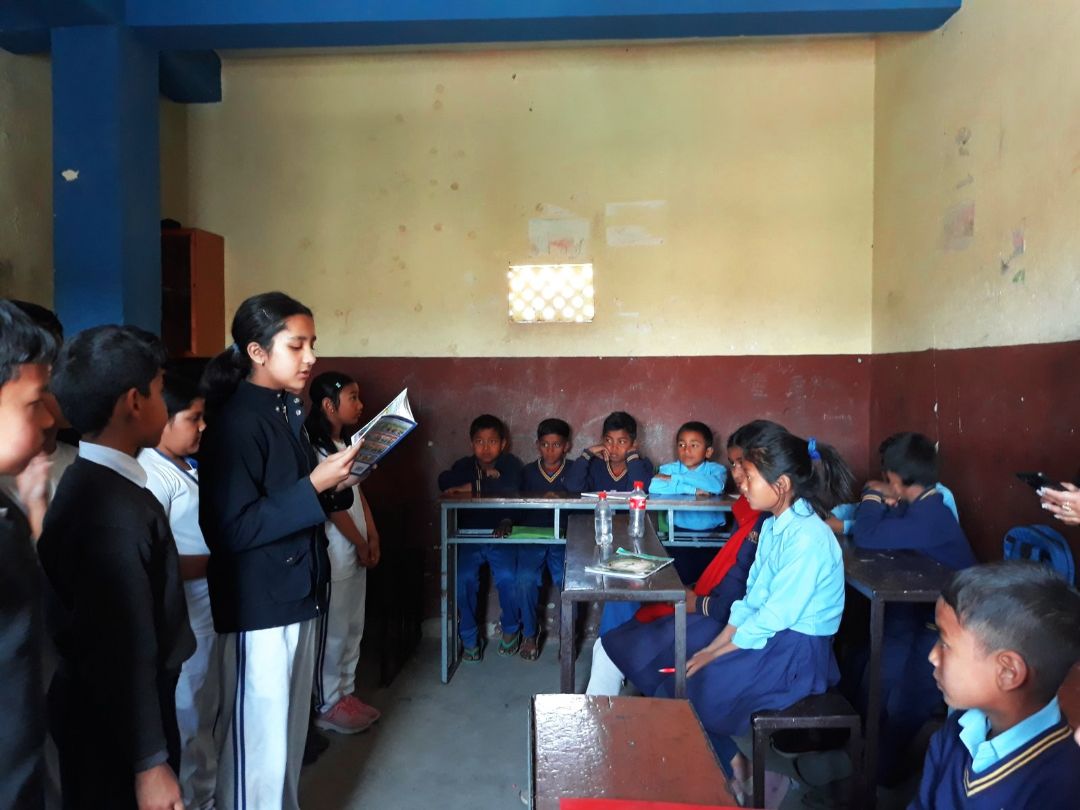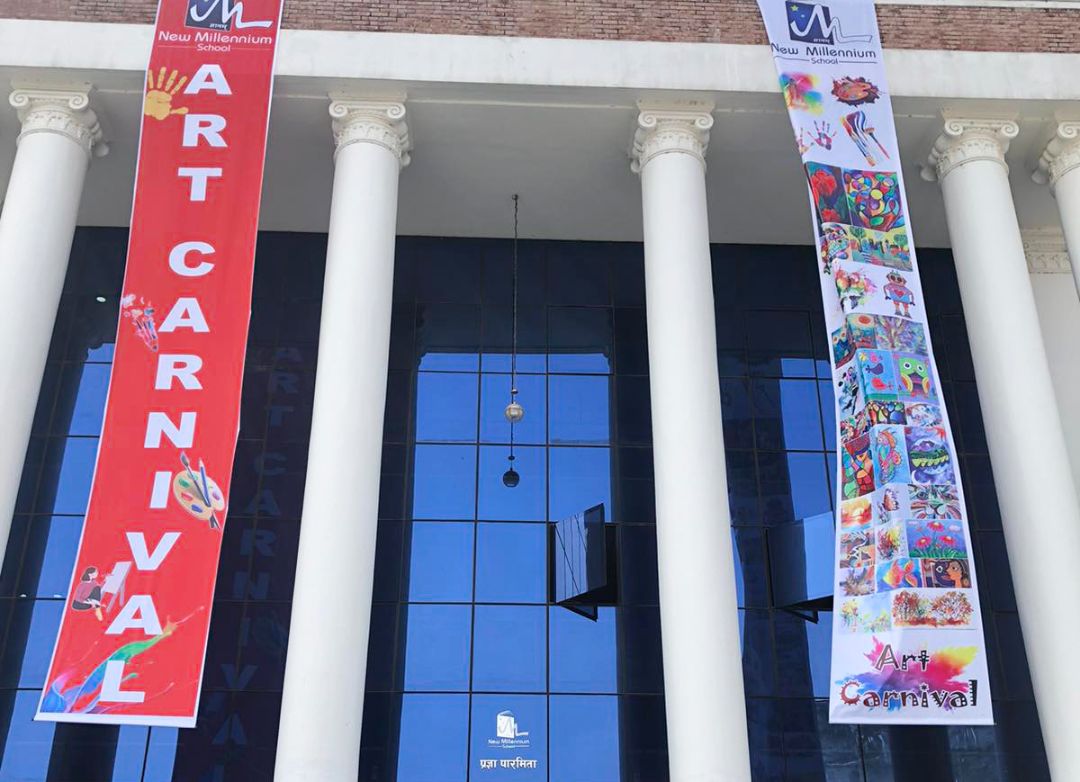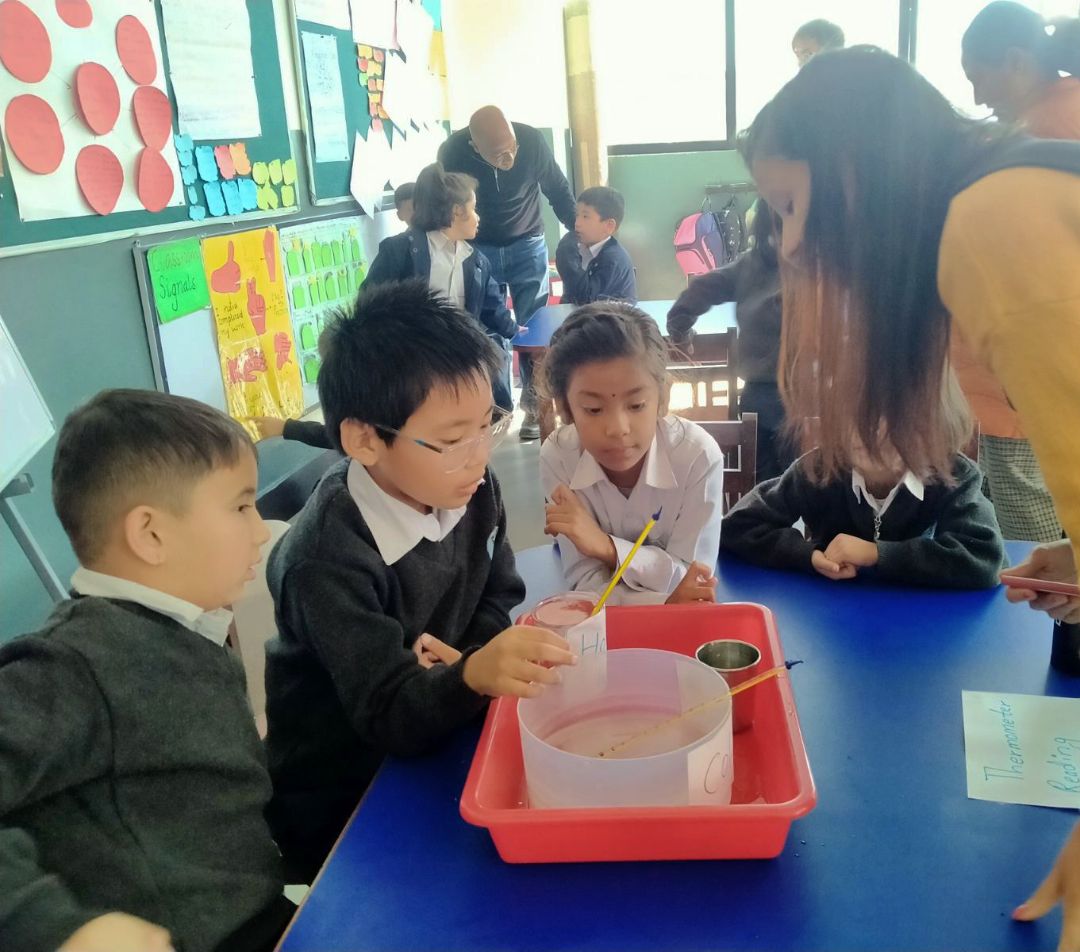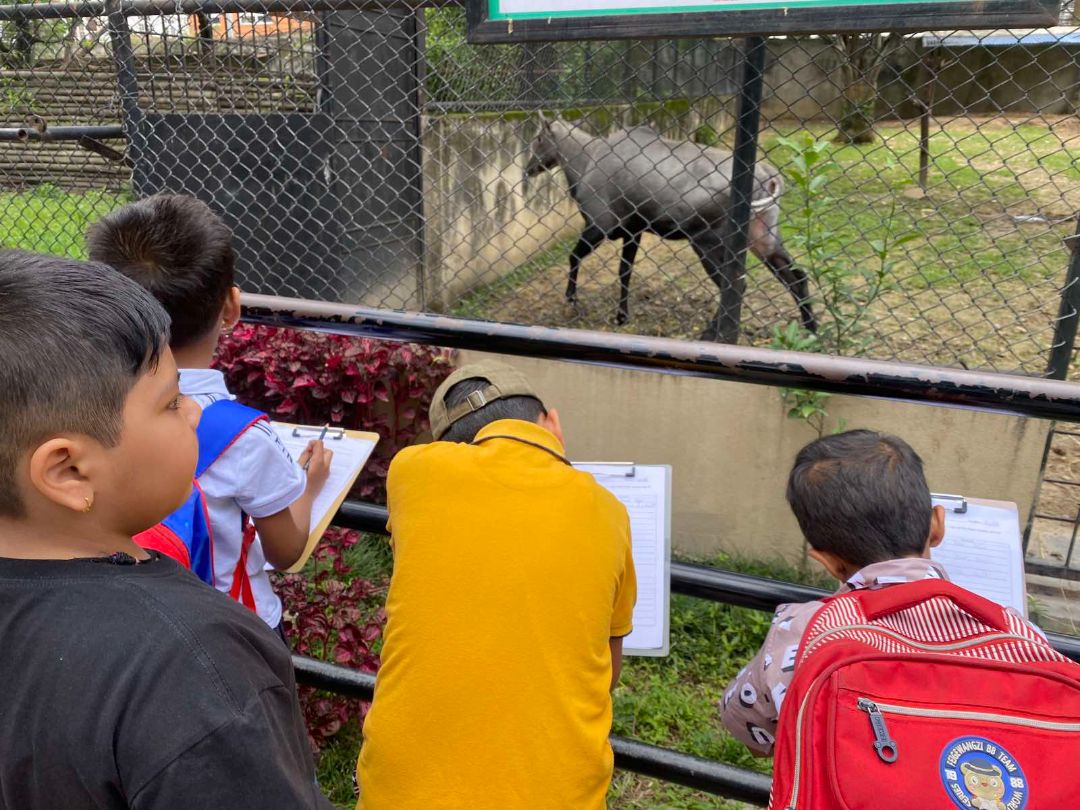The New Millennium School has grouped its activities into eight categories, ranging from in-class activities to outdoor, community, and wider experiences. Clubs are also established to allow students to participate in these activities, promoting their overall development and providing them with broad exposure to the world around them.
-
Project-based learning: approach to education focuses on having students work on real-world projects that allow them to apply the concepts and skills they have learned in class. By working on projects that are relevant and meaningful to them, students are able to develop a deeper understanding of the subject matter and become more engaged in their own learning.
-
Collaborative learning: In this type of learning, students work together in small groups to complete projects, solve problems, and develop social skills. By working together, students are able to learn from each other, share ideas, and develop their ability to communicate and collaborate with others.
-
Outdoor education: This approach to NMS education involves taking students out of the classroom and into the natural environment, where they can learn and explore through hands-on experiences and activities. Outdoor education can help students develop a deeper appreciation for the environment, and provides opportunities for students to learn about ecology, conservation, and environmental issues.
-
Creative arts: NMS offers classes and workshops in visual arts, music, theater, and dance, allowing students to express themselves creatively and develop their artistic skills. By participating in the creative arts, NMS students are able to develop their imagination, creativity, and self-expression, and can gain a deeper appreciation for the arts and the role they play in our culture.
5. Service Learning: Service Learning is a type of experiential learning that involves working with local organizations and communities to provide services and support. This type of learning helps students develop a deeper understanding of the needs and challenges of different communities, and teaches them the importance of giving back and making a positive impact in the world.
-
Technology education: Classes and workshops in coding, robotics, and technology prepare students for careers in the digital age. By learning about technology and how to use it effectively, students are able to develop the skills and knowledge they need to succeed in a rapidly changing world.
-
Experiential learning: This type of learning involves participating in hands-on activities and field trips that allow students to explore real-world applications of their academic studies. Experiential learning provides students with the opportunity to connect their learning with the world around them, and to develop a deeper understanding of the subjects they are studying.
- Critical thinking and problem-solving: The NMS progressive approach encourages students to think critically and solve problems through inquiry-based learning and project-based activities. By teaching students how to think critically and solve problems, we help students develop the skills and knowledge students need to succeed in their personal and professional lives. These skills are critical for success in the 21st century and are essential for preparing students to meet the challenges of the future.
